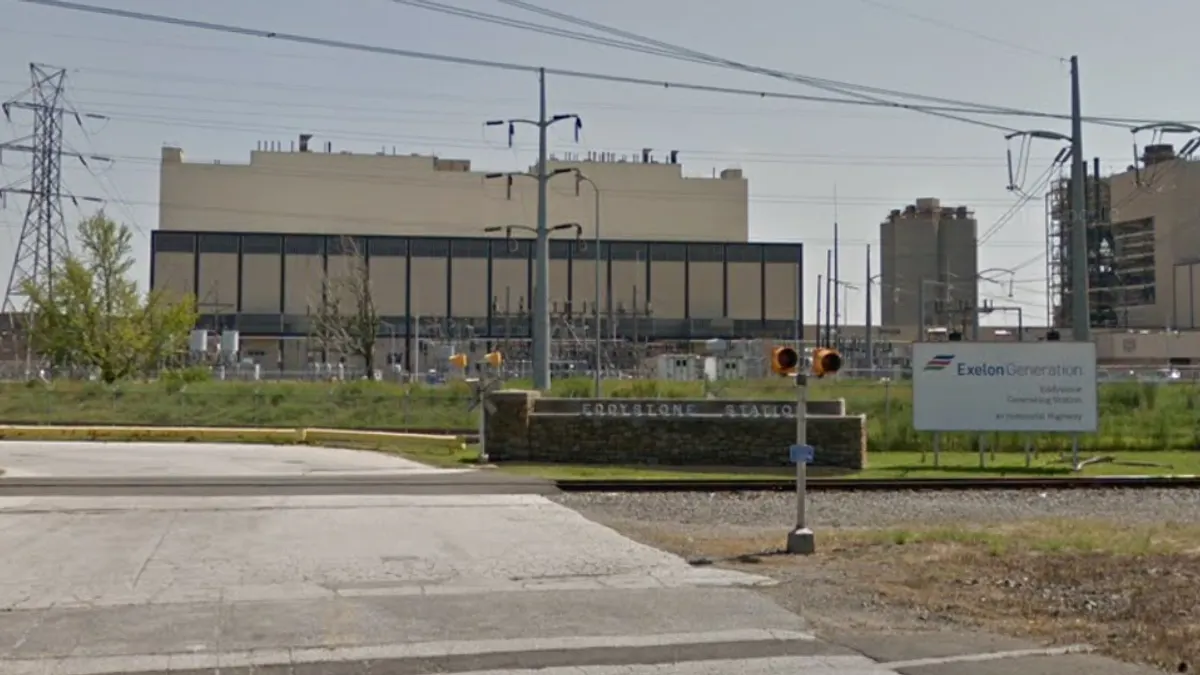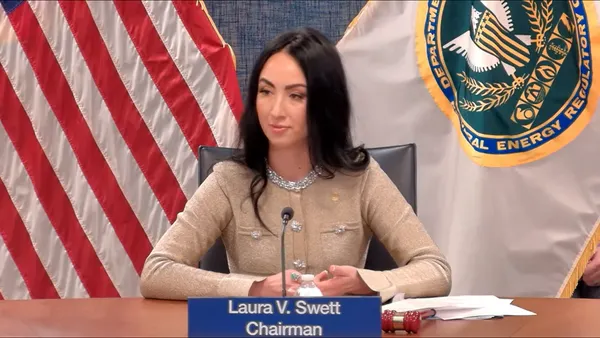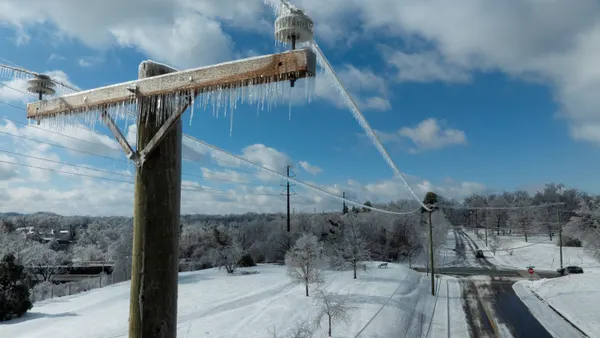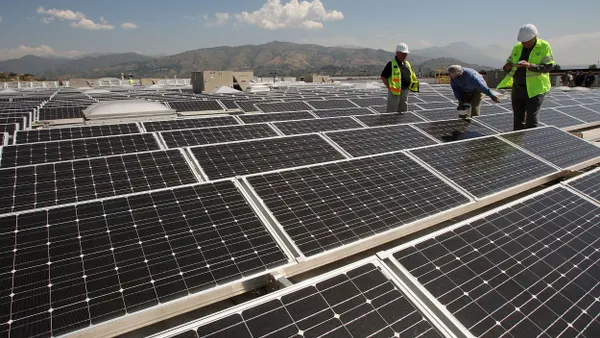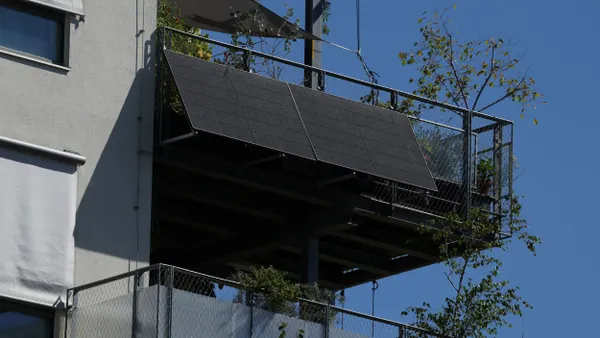The PJM Interconnection faces a possible multi-year “energy emergency,” according to the U.S. Department of Energy.
“The emergency conditions resulting from increasing demand and accelerated retirements of generation facilities supporting the issuance of [an emergency order issued in May] will continue in the near term and are also likely to continue in subsequent years,” DOE said in its order issued on Thursday.
Given the possibility of hot weather in the next several months, DOE ordered Constellation Energy to continue operating two 380-MW gas- and oil-fired units at its Eddystone power plant near Philadelphia until Nov. 26. Constellation planned to retire the units on May 31, 2025, but kept them online in response to an initial emergency order from DOE.
DOE issued a similar second emergency order on Aug. 20 for Consumers Energy’s majority-owned, 1,420-MW J.H. Campbell power plant in West Olive, Michigan.
Under the Federal Power Act, DOE can order power plants to operate for 90 days during emergencies. So far, DOE has issued emergency orders for the Campbell and Eddystone power plants, but industry observers expect others will be issued as part of the Trump administration’s effort to support fossil-fueled power plants. At the same time, the administration is making it harder to build wind and solar power supplies.
In justifying the need for the Constellation units to keep running, DOE cited statements from PJM officials and reports that the grid operator faces resource adequacy concerns as its supply-demand balance tightens.
Also, the two units produced 17,000 MWh in June, including during a heat wave from June 23 to June 26 when the Eddystone units ran for a combined 124 hours, DOE said.
However, during the three-day hot spell in June, PJM exported a net of 273,062 MWh, according to a group of state consumer advocates who are challenging DOE’s initial Eddystone order. “Exporting megawatt-hours to others is inconsistent with the order’s finding that PJM is in the throes of a resource adequacy ‘emergency,’” they said in a June 27 appeal to DOE.
DOE failed to show that PJM faces an immediate energy emergency, according to the Maryland Office of People’s Counsel, the Delaware Division of the Public Advocate, New Jersey Division of Rate Counsel, the Illinois attorney general and the Citizens Utility Board of Illinois.
“On its face a ‘growing … concern’ is not an emergency,” the consumer advocates said. “While we think PJM needs to do more to address both resource adequacy and related affordability concerns, that does not include keeping an aging power plant online at ratepayer subsidy that even its owner would prefer to retire.”
The Natural Resources Defense Council, Citizens for Pennsylvania’s Future, the Environmental Defense Fund, the Sierra Club and Public Citizen also asked DOE to reconsider its initial emergency order.
DOE’s denial of the rehearing requests tees up a possible appeals court challenge by the groups. Michigan’s attorney general and a coalition of groups, led by the Sierra Club and Earthjustice, in July sued to overturn DOE’s emergency order on the Campbell plant.
PJM runs the grid and wholesale power markets in 13 Mid-Atlantic states and the District of Columbia.



